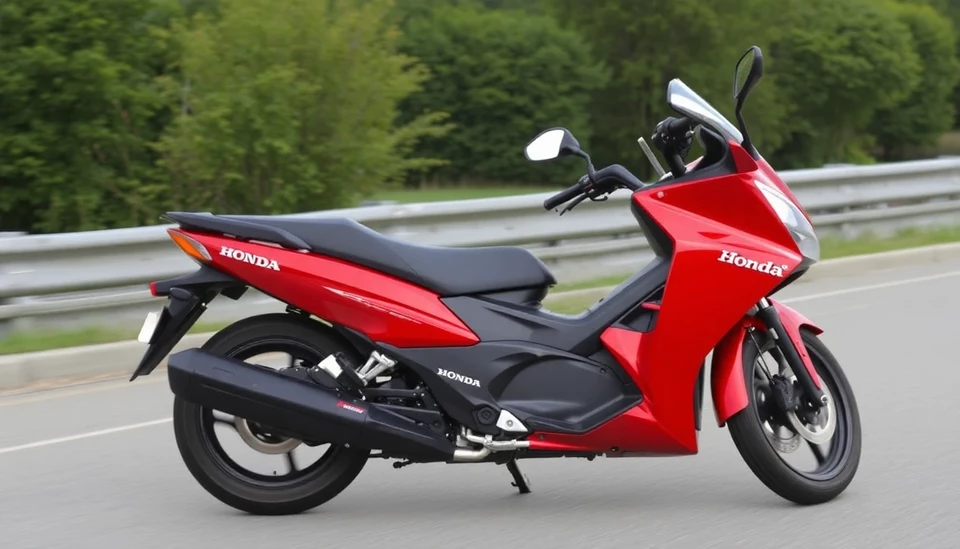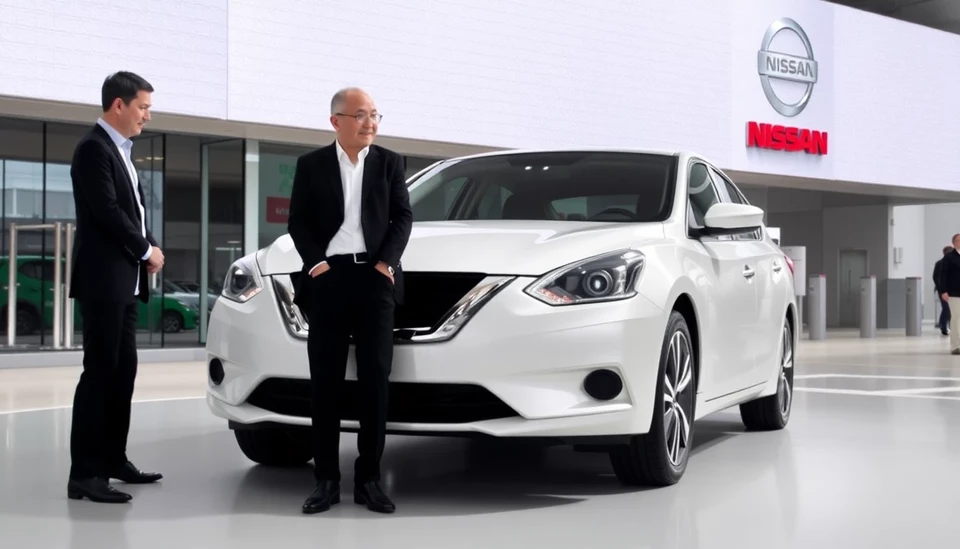
In a landscape marked by vehicular challenges and labor disputes, Honda’s motorcycle business is emerging as a standout performer while Nissan grapples with its own set of complications. As the automotive industry faces myriad pressures ranging from supply chain issues to union strikes, Honda has managed to find a niche in the two-wheeler segment that appears to be flourishing against the backdrop of Nissan's struggles.
Honda’s motorcycle division has consistently delivered solid financial results, showcasing resilience and adaptability in a changing market environment. This strength has not only supported Honda's overall business model but also positioned it as a key player within the motorbike sector. Analysts suggest that the motorcycle market's growth, driven by increased urbanization and a surge in demand for affordable and efficient transportation, has provided Honda with a much-needed cushion against the volatility affecting traditional car manufacturing.
On the other hand, Nissan has found itself at the center of labor unrest, highlighting internal strife that could potentially jeopardize its performance moving forward. Workers at Nissan are currently negotiating better wages and working conditions, and reports indicate tensions are rising. These labor issues have resulted in production slowdowns and heightened scrutiny over the company's overall management strategies. As Nissan negotiates with unions, the uncertainty surrounding its operational capabilities raises deep concerns for stakeholders and consumers alike.
In this contrasting scenario, Honda's motorcycle business stands firm as a beacon of innovation and efficiency. It has been noted for its investment in electric mobility solutions and the expansion of its product line to cater to a more environmentally conscious audience. By embracing new technologies and shifting consumer preferences, Honda is not just maintaining its market share but is also poised to capture the attention of new demographics—particularly younger buyers looking for sustainable travel options.
The juxtaposition of Honda’s success in the motorcycle realm with Nissan’s ongoing challenges highlights a significant shift within the automotive industry. As companies evaluate their strategies in response to consumer demands and market dynamics, the ability to pivot towards emerging trends, such as electrification and compact vehicle sales, has become paramount for survival and growth.
As Nissan continues to navigate its labor issues and aims to stabilize its operations, the road ahead remains uncertain. Conversely, Honda’s motorcycle unit is on a robust growth trajectory, underscoring the potential for diversification within the industry. Stakeholders will undoubtedly be monitoring these developments closely as they seek to understand who will emerge victorious in this rapidly evolving automotive climate.
In summary, the comparative fortunes of Honda and Nissan shine a light on the resilience and agility of businesses in the face of adversity. While Nissan grapples with internal challenges, Honda’s motorcycle division serves as a testament to the opportunities that exist for those willing to innovate and adapt.
#Honda #Motorcycles #Nissan #AutomotiveNews #ElectricVehicles #LabourUnrest #MarketTrends
Author: Samuel Brooks




